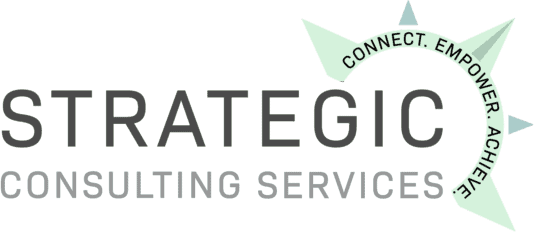Every year, countless individuals encounter life-altering brain injuries, that can turn routine tasks into daunting challenges. As these warriors step into their workplaces, it’s not just about understanding their journey. It’s about embracing them, making accommodations, and recognizing that behind every challenge lies unparalleled strength. After all, an inclusive workspace isn’t just good ethics—it’s smart business.
Brain injuries range from mild concussions to severe traumatic injuries, each with its unique story and symptom. While they all share a common name, the severity, and symptoms can vary significantly. The unpredictability of their effects can range from transient memory lapses to enduring physical challenges. These injuries remind us of the brain’s fragility and underscore the need for patience, understanding, and adaptability in our interactions.
The ADA’s Stance on Brain Injury
The Americans with Disabilities Act (ADA) takes a nuanced stance on disability, defining by how significantly one’s major life activities are hindered. Within this broad framework, brain injuries can manifest as physical or mental impairments that markedly disrupt daily functions. By this definition, the ADA recognizes and underscores the need to accommodate and understand those affected by brain injuries in our workplaces.
Tailoring the Workplace: Key Considerations
When it comes to crafting a workspace that truly champions inclusivity, employers need to ask the right questions:
- What specific limitations does an employee with a brain injury face?
- How do these barriers intersect with their job responsibilities?
- Are our current accommodations effective, or do we need to pivot?
The magic ingredient in navigating these waters is open dialogue. Conversing earnestly with affected employees bridges understanding gaps and fosters an environment where every team member feels valued. Remember, when we actively listen, the path to the ideal workplace becomes clearer and far more achievable.
At the heart of an inclusive workspace lies the relationship between supervisors and employees. Especially when navigating the intricacies of brain injuries, this bond becomes crucial. The journey for survivors is often marked by challenging transitions; a small change can trigger significant hurdles. However, we can alleviate many of these challenges with the right strategies. From adopting innovative products that aid memory and concentration to tapping into services that offer emotional and psychological support, the toolkit for fostering an accommodating environment is vast. Embracing these resources ensures that every employee, regardless of their journey, finds a place of belonging and understanding in the workplace.
Embracing Inclusivity
Employers play a pivotal role in shaping the culture and dynamics of the workplace. Their responsibility extends beyond mere business objectives; it encompasses the well-being of every employee. For those with brain injuries, a supportive environment is not just beneficial—it’s essential. Through thoughtful accommodations and open dialogue, employers can make a profound impact. The end goal is a workplace where everyone feels understood and valued regardless of their challenges. In committing to such inclusivity, employers uphold ethical standards and cultivate a stronger, more resilient workforce.
Strategic Consulting is Your Partner in Managing Workplace Challenges
For twenty years, we have been helping companies in the Pacific Northwest with worker injuries, disabilities, and other vocational challenges. We are here to support you in this unprecedented era of teleworking and WFH.
Our team is here to help with your disability accommodation issues, vocational rehabilitation needs, ergonomic evaluations, and other employee needs.
We have partnered and provided solutions to some of the largest companies in the world (such as Boeing, Microsoft, and Amazon). But, at our core, we are still “people taking care of people,” one project at a time. Our success is built upon and providing you the best solution to your workplace challenge. Contact us today by filling out a form (below), submitting a referral, or visiting our ‘Contact Us‘ page to find your nearest office.
Ric has been working in the industry since 2002, specializing in developing employer jobsite analysis and light duty programs, ergonomics consultations and adjustments, disability accommodations and providing effective return to work solutions. Ric is Matheson trained in Ergonomics and is a Certified Ergonomics Evaluation Specialist. He earned a Bachelor of Arts Degree in Psychology from Western Washington University and later his Master’s Degree, M.Ed., Education Counseling from Seattle Pacific University. Ric is currently a Registered Vocational Rehabilitation Counselor for the Department of Labor and Industries and has been a Certified Disability Manager Specialist since 2006.

